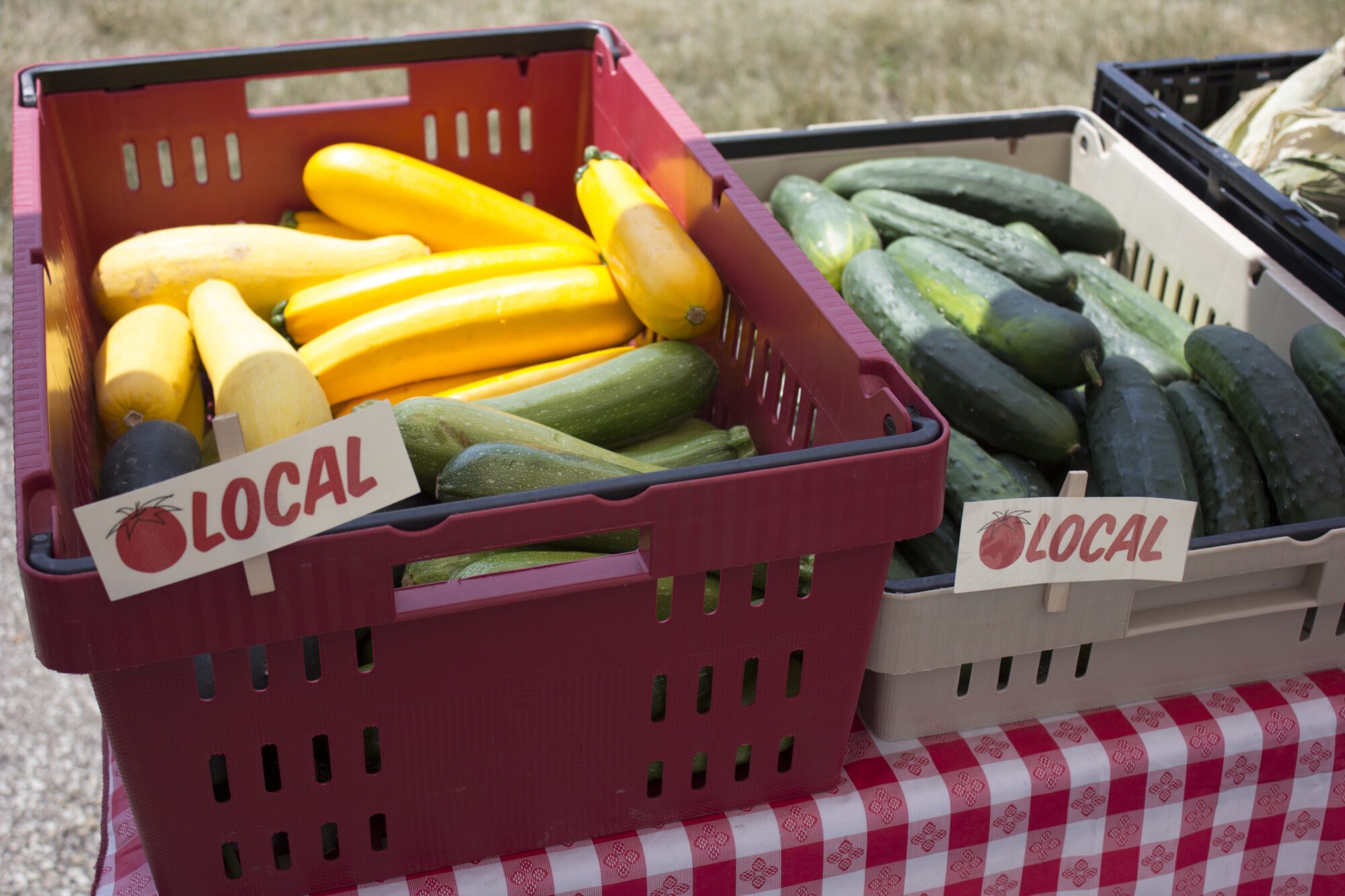
We believe that food changes everything. We distribute healthy options to ensure a meal for today and a healthy tomorrow for the people we serve. We prioritize healthy, nourishing foods that our neighbors consistently request like fresh fruits and vegetables, lean protein foods and low-fat dairy and limit foods with high amounts of added sugar. We consider the overall nutritional quality of the foods we source and share information about relevant nutrition and health concerns with our partners and the people we serve.
